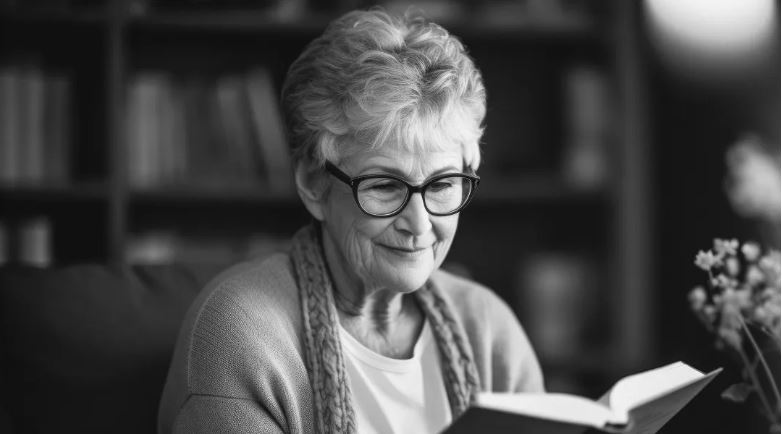
When Thomas’s beloved grandmother passed away, all he was left with was a single photo. His mother and sister took everything else—the house, the car, the valuables. But as time passed, Thomas began to uncover something far more precious than wealth: his grandmother hadn’t left him empty-handed. She had left him a mission—a purpose far greater than anything money could buy.
For some, childhood is a golden hour—bikes leaning against the driveway, laughter echoing around the dinner table, and the comfort of stories and warm milk before bed.
But mine wasn’t like that. Not until Grandma Grace stepped in.
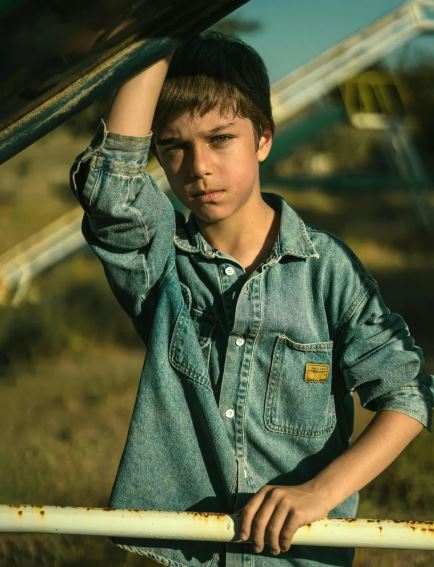
My mom, Delia, spent her life chasing after the wrong men and making even worse decisions. My older sister, Cynthia, followed in her footsteps—only she wore sharper heels and carried a colder heart.
I was just… there. A quiet shadow at family gatherings, a constant reminder that the love in our house came with conditions—and I had failed every single one.
When I was six, Grandma Grace took me in. No questions asked. She simply packed my bag and smiled.
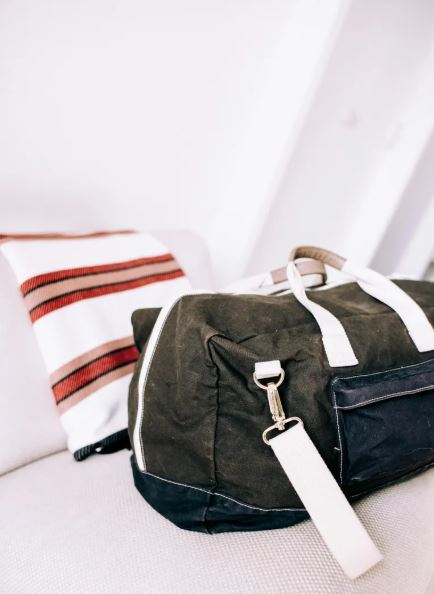
“‘You’re coming home with me, Tom,’ she said, as if it was the most natural thing in the world.”
And from that moment on, that’s exactly what she became to me. Home.
She wrote lunchbox notes for school, cheered the loudest at every game, every concert—even when it was just third-grade recorder night.
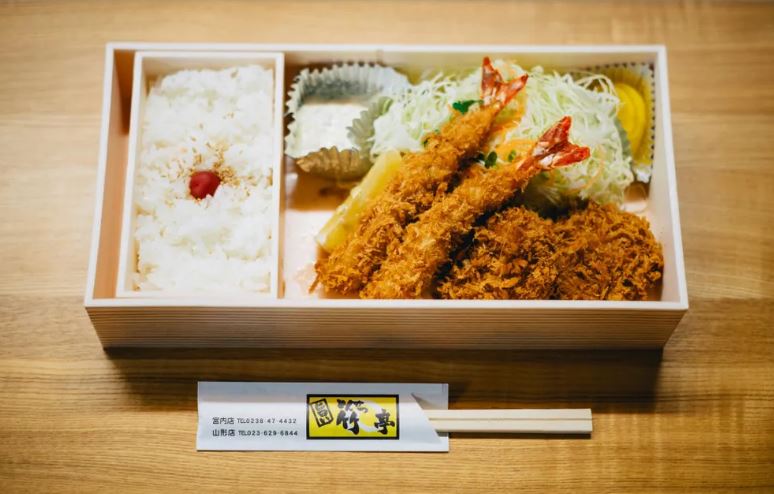
She sold one of her vintage necklaces to help cover my college books. She never raised her voice, yet when she spoke, the room fell silent, as if the world itself paused to listen.
When she died, I was 26. But no matter how much time had passed, I felt like I was six again—lost, small, and waiting for her to make everything okay.
Lost. Small.
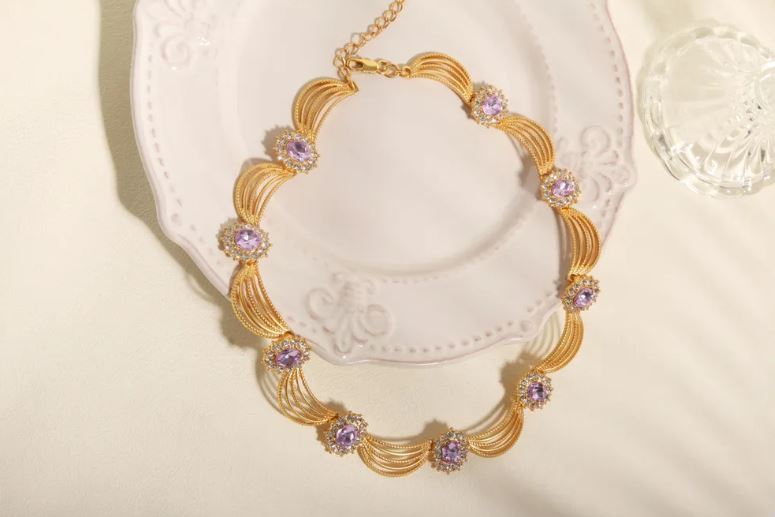
At her funeral, I cried harder than I had in years. Cynthia wore black lace and fake tears, while Delia sobbed louder than anyone—mostly when there were eyes on her.
And then came the will…
We gathered in a stuffy office that smelled of dust and stale coffee. The notary, a man as warm as a folding chair, adjusted his glasses and shuffled the papers like this was just another Tuesday for him.
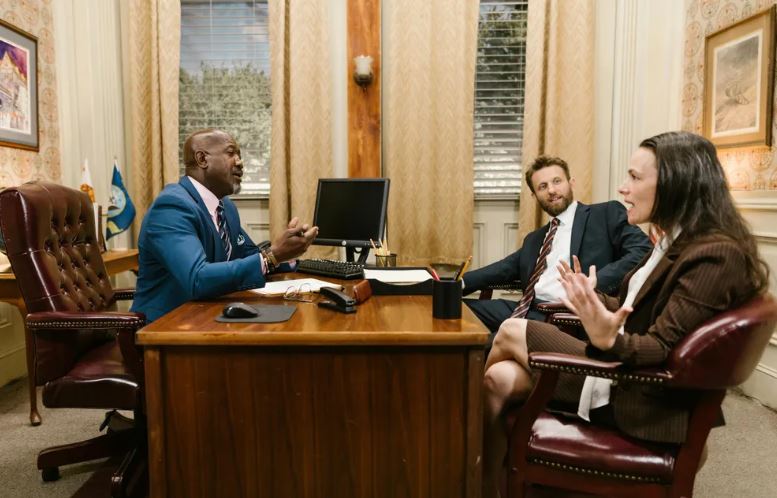
Delia sat primly, arms crossed, her eyes scanning the room as if she were already redecorating. Cynthia, meanwhile, scrolled through her phone, pausing only to check her lipstick in the reflection.
As for me? I just kept staring at the door, half-hoping, half-wishing that Grandma Grace would walk through it—just like she always did.
“‘Just kidding, baby,’ I imagined her saying. ‘I’m right here. I’m not going anywhere.’”
But she didn’t.
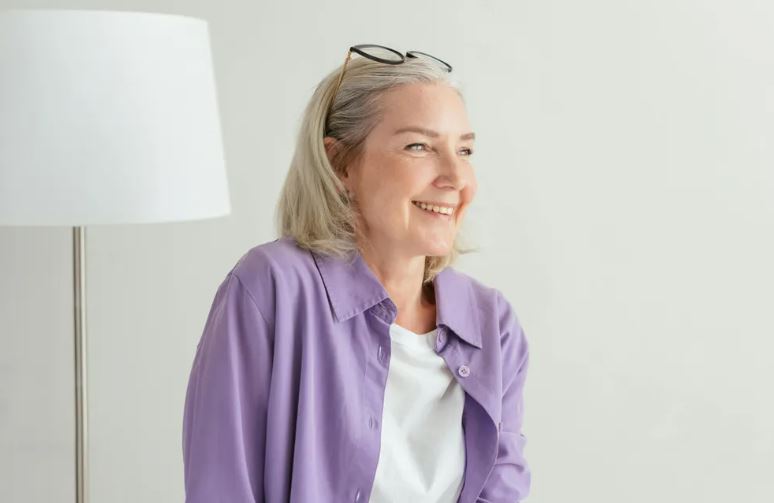
The notary cleared his throat, breaking the silence like a crack in the air.
“The house,” he said. “Goes to Delia.”
My mother’s smirk grew sharper, like she knew something no one else did.
“Well, of course, it does,” she said.

“The car goes to Cynthia,” he continued.
“Ugh, finally,” my sister said, still scrolling through her phone. “Gran’s car is ancient, but I can flip it.”
“And to Thomas…” he paused, looking up at me.
“One envelope.”
He handed it over like it was just a parking ticket—dispassionate, as if it meant nothing at all.
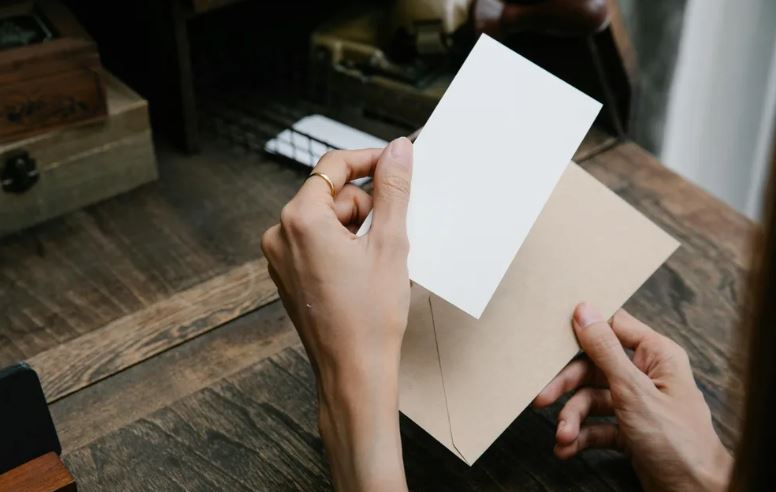
“Maybe it’s instructions for watering her ugly petunias,” my mother said, leaning over.
“Or a copy of that hideous zoo photo she hung in the hallway. You remember that, right? It was so bad!” Cynthia laughed.
I tore open the envelope with trembling hands. Inside, a note—written in Grandma Grace’s familiar loopy script—waited to reveal its secret:
“‘For you, Tom. Our framed photo. It’s the one from the zoo when you were 8 years old. Love you forever, sweet boy. Love, Grandma G.’”
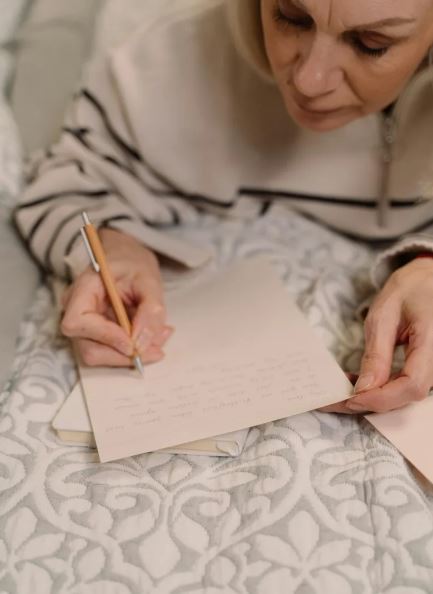
That was it. No deed. No check. Just a picture I’d already memorized—me, with a lopsided grin, and her eyes crinkled with joy. I stared at it, trying to make sense of it all, but the meaning refused to come.
Had my grandmother really left me… nothing?
I stood, numb. I said nothing. Just nodded, then walked out before they could see my face crack.
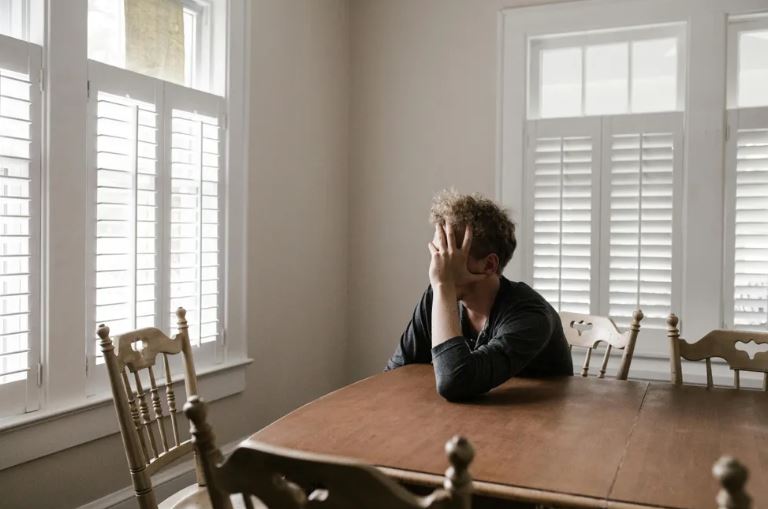
The next morning, I found myself at the house.
Delia was already barking orders at the moving crew, snapping her fingers like she owned the place.
“‘Box that. Toss this. Ew, gross, what’s this? Do you think I can sell these hideous bird statues online?’”
I didn’t speak to her. I simply walked through the hallway, my steps guided by muscle memory, to the photo on the wall. Grandma Grace and I, with giraffes behind us. Sunshine in the air and laughter frozen in time, right there in the frame.
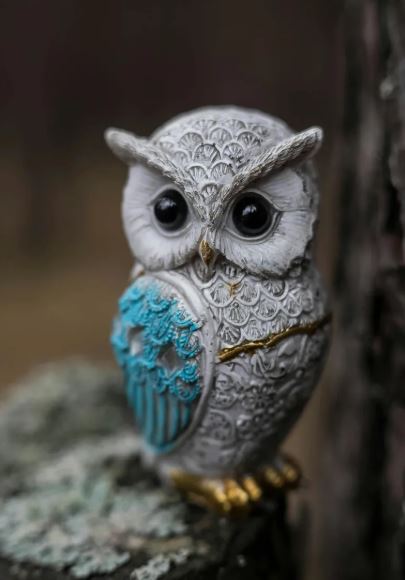
I took it down, quietly, as if making a decision without saying a word.
From the kitchen, Delia scoffed, her voice cutting through the air.
“‘Sentimental trash, Thomas. You’ve always been too soft. I thought the world would’ve toughened you up by now.’”
She had no idea… but soon, she would.

I was back in my apartment—a small, beige and dark green space, but it was mine. My safe haven. I needed this time, to be alone with my thoughts, to make sense of everything.
I dropped my keys into the bowl by the door and stared at the photo in my hands. The frame, older than I remembered, was worn at one corner, a thin crack trailing along its edge like a scar—evidence of time, of something broken but still holding together.
I ran my thumb across the crack. It deserved better. So much better…
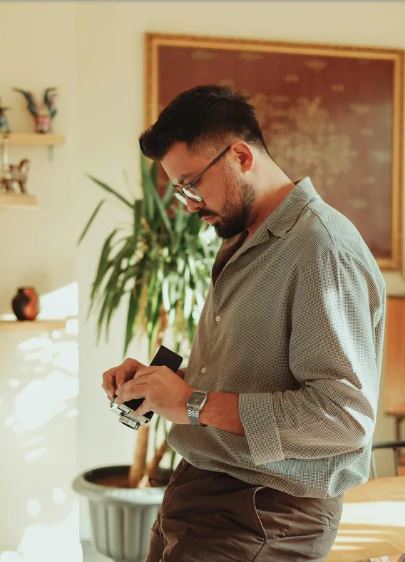
A few months earlier, Marla, a colleague from the cubicle across from mine, had given me a beautiful walnut frame for my birthday.
‘For something that matters,’ she’d said, her smile warm with meaning.
I smiled politely, unsure of what exactly ‘something that matters’ would be.
Now, I finally understood.
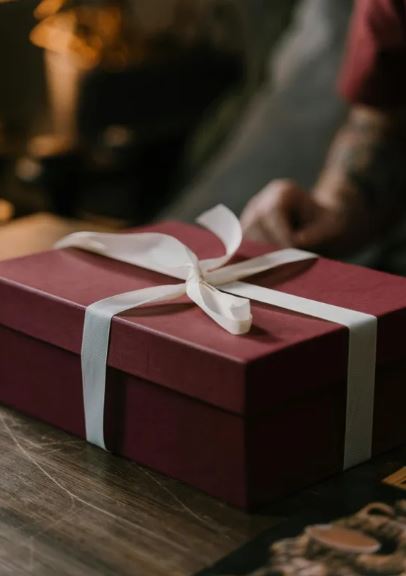
I laid the photo on my desk and carefully pulled apart the old frame. That’s when I felt it—a stiffness behind the backing. Frowning, I flipped the cardboard over.
My breath caught.
There, taped to the inside, was a second envelope—hidden, as if waiting for me.
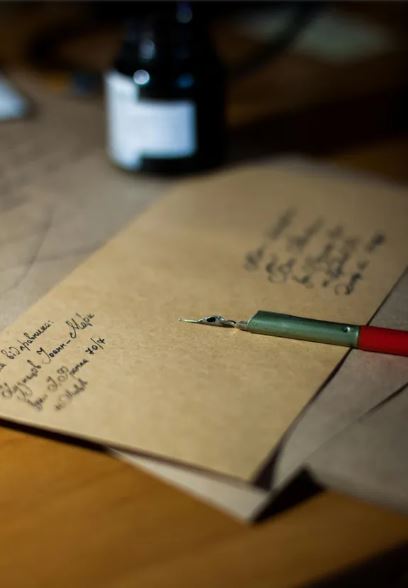
My heart skipped once. Then again. My fingers hesitated, trembling slightly. Slowly, I peeled the tape back. Inside were stock certificates—crisp, official, and more real than anything I’d expected.
Among them were bank documents, a safety deposit box key, and a single handwritten note.
“‘Real treasure isn’t loud. Love, Grandma G.’”
I sat down and just stared. My hands trembled, but no tears came. Not yet.
‘No way… No way…’ I kept whispering, as if repeating it would somehow make it real.
But it was real.
Grandma Grace hadn’t left me nothing. She’d left me everything.
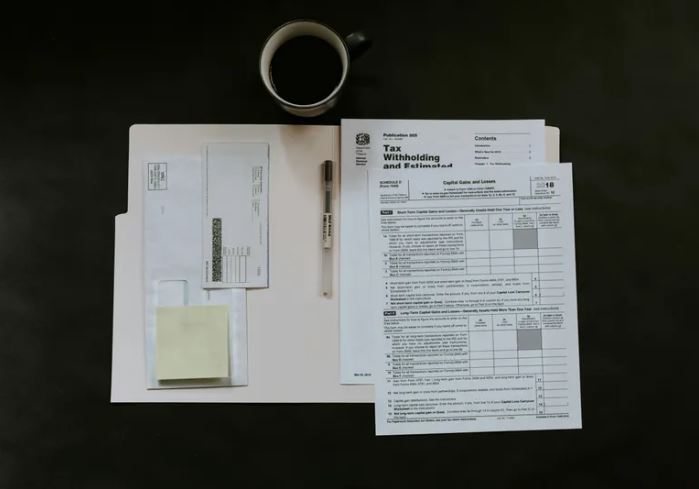
The next morning, I walked into my office building for the last time. I took the elevator to the sixth floor, unplugged my nameplate, and dropped it into the drawer—silent, final.
No goodbyes. No farewell cupcakes. Just an empty desk and a quiet decision.
I passed my manager, Steve—the guy who called everyone ‘champ’ and once managed to call me ‘Travis’ for an entire year.
‘Hey, pal,’ he said, oblivious as always.
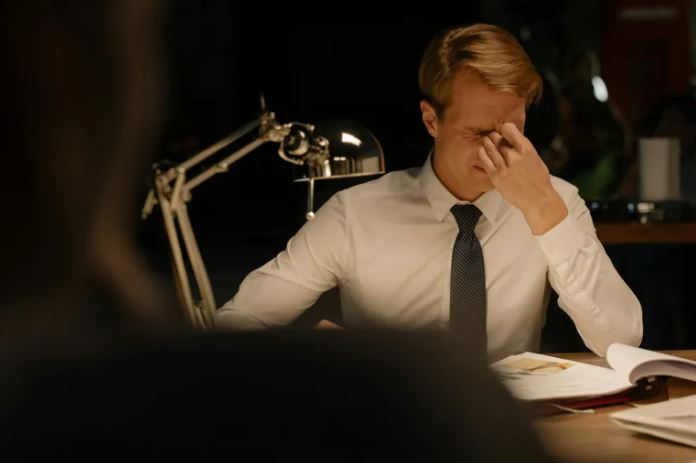
‘Not your pal, Steve,’ I said, offering a smile that didn’t quite reach my eyes.
And I left.
I drove straight to the bank. The safety deposit box was real. The key slid in easily, as if it had been waiting for me all along.
Inside, I found deeds to five rental properties—purchased quietly over the years, all in my name. All paid off. Earning money.

Stock in a shipping company. Enough for a controlling share. And one more deed—the land beneath the house she’d ‘left’ to Delia.
I blinked at it. Delia got the house, but I owned the ground it stood on.
That’s when it hit me. Grandma Grace didn’t play defense—she played chess.

And now, it was finally my move.
My mother didn’t take the news well. To say she was livid would be an understatement.
“‘You can’t do this!’ she shrieked over the phone. ‘That house is mine!’”
I held the phone away from my ear, letting her shrieks echo off the kitchen walls for a moment before responding.
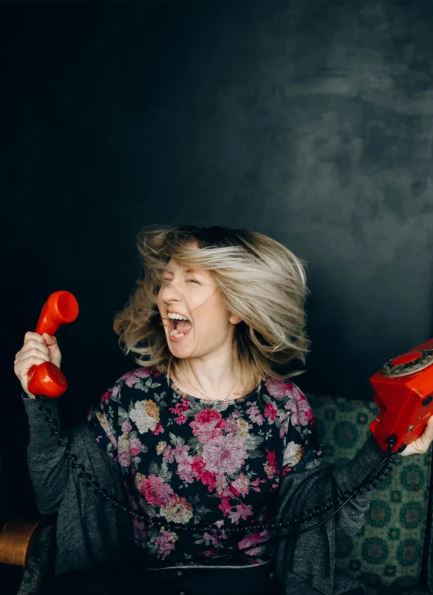
“‘Yeah,’ I said, my voice calm. ‘But the land is mine. So, I’m your landlord, Mom. You can’t sell the house. Or mortgage it. Or touch it, really.’”
She went off like a kettle left on the stove too long—insults, accusations, wild declarations about lawsuits and betrayal. I just listened. For a moment, I imagined Grandma Grace sipping tea somewhere in the afterlife, watching this unfold with that small, satisfied smile she saved for when someone underestimated her.
‘She always favored you. Everyone knew it,’ Delia’s voice cracked, a mixture of anger and something else—hurt, maybe.
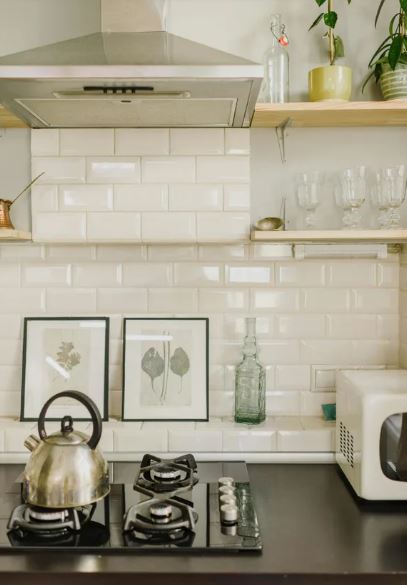
“‘She raised me, Mom,’ I said, my voice steady. ‘You left me. What did you think was going to happen?’”
Click.
No goodbye. Just silence.
Cynthia wasn’t doing any better. Her grand plan to sell Grandma’s old Lincoln and use the cash to plug her boyfriend Rhett’s gambling hole hit a snag. Turns out, Grandma Grace had intentionally let the car fall behind on registration fees and back taxes.
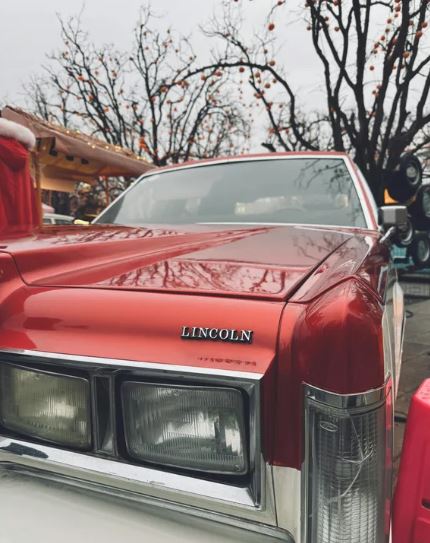
It couldn’t be sold without a clean title—something Cynthia didn’t have the money or patience to deal with.
Worse?
Rhett didn’t owe just a few thousand to one person. No, Rhett always aimed higher. He owed $22,000—to men who, according to whispers, didn’t handle missed payments with polite reminders.
And still, I could’ve left them both to drown in the mess they’d made.

But desperation? It makes people reasonable.
So, I called my mother.
“‘You can’t sell the house,’ I said. ‘But I’ll buy it from you. Fair price. No lawyers, no red tape. Just quick and simple.’”
She was quiet for a long time, the kind of silence that made you wonder if she was calculating her next move—or just stalling.

“You’d really do that?” she asked.
“For her,” I said. “For her memory. Not for you.”
Three days later, I wired the money. A fraction of what she’d hoped for, but enough to calm Rhett’s storm—for now.
And just like that, the house that raised me was finally mine. But I didn’t move in. It wasn’t meant for that.
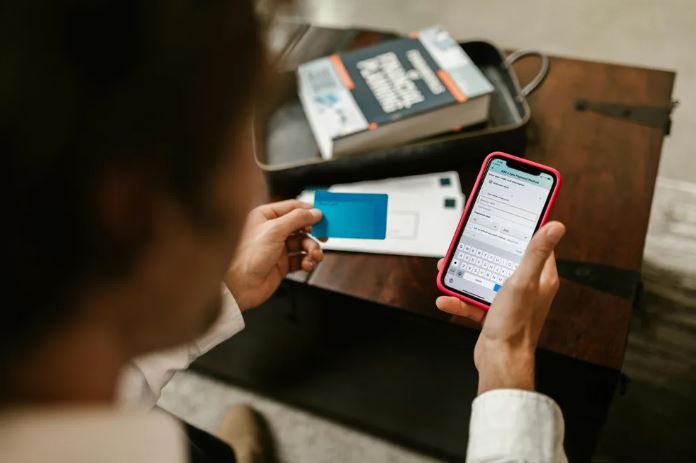
My grandmother had filled that house with warmth, intention, and quiet love. I wanted it to be more than just shelter. I wanted it to be hers again—this time, shared with the world.
So, I used the rental income she’d left me. I found a contractor named Omar—a gentle man who hummed as he worked and called Gran ‘a legend’ before even seeing her photo.
Together, we transformed every room, restoring her touches where we could. The floral tiles. The green-tinted glass in the pantry. The crooked step she always said was part of the charm.

And when the doors reopened, it wasn’t just a house anymore.
It was Grace’s Corner.
A reading nook. A soup kitchen. A sanctuary for mothers who needed five quiet minutes, kids who needed stories, and people who just needed to be held by something soft.
It was a place for anyone who needed a sense of home.
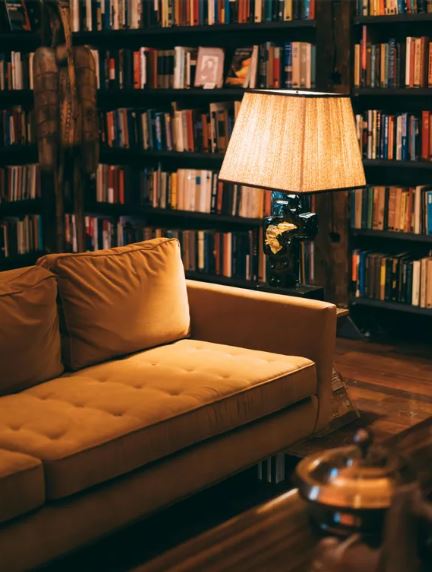
We served her pie recipes, her tea, and her tuna melt sandwiches with that strange celery crunch that somehow always worked.
We framed her life across the walls—roller skates, love notes from old friends, and pressed flowers I found hidden in old books.
And I hung that photo—the one from the zoo—right by the door. Not loud, not flashy, just a quiet reminder of love that stayed.
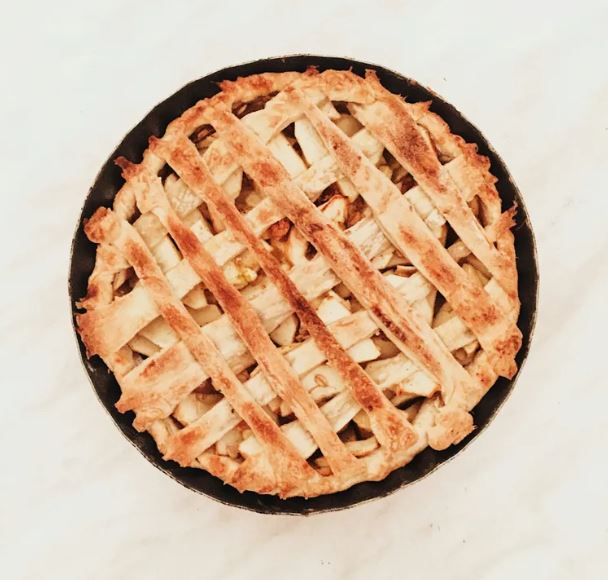
Just quietly unforgettable. Just like her.
Some mornings, I unlock the house before the sun rises, the quiet stillness feeling like a secret between me and Grandma.
It’s quiet in those hours. Just me, the creak of old floorboards, and the soft hum of the heater kicking in. Grandma Grace always said the house had a rhythm. She was right.
We turned it into a home again. Not for me… but for others.
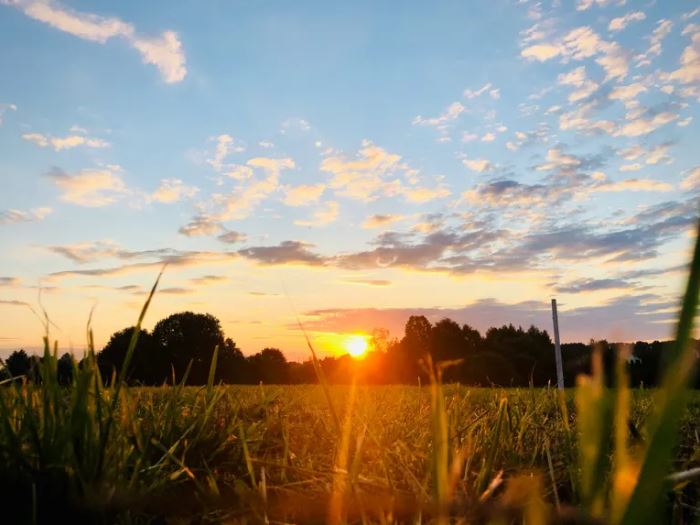
The kitchen now serves warm food six days a week. No one goes hungry if they find their way to Grace’s Corner. Not the official kind with menus or lattes, but the kind where people bring casseroles in Tupperware, and no one asks why you need a plate of second helpings.
There’s a toy shelf by the old fireplace. The reading chair by the window? Still there. Worn as ever. We call it Grace’s chair. People take turns sitting in it when they need to cry or just be left alone.
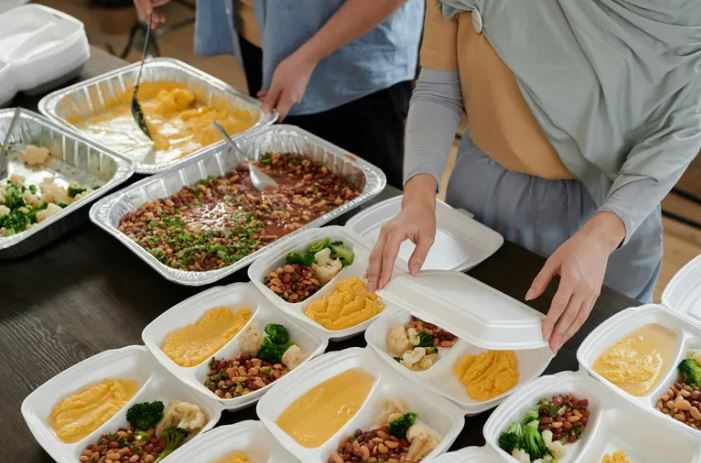
On Thursdays, we offer free haircuts in the backyard. One of my old classmates, Dani, comes by with clippers and scissors. She doesn’t talk much, but the way she combs someone’s hair—with both patience and purpose? It’s like she’s stitching a little peace into each strand.
That’s its own language.
One morning, Dani sat with me on the porch after everyone left. The sun was just cresting over the rooftops, casting a warm glow across the garden Gran used to tend.

‘You really turned this place into something,’ she said, her voice soft, like she was speaking a truth she didn’t fully understand but felt deeply.
“‘She did most of it. I’m just making sure it keeps breathing,’ I nodded, the weight of her absence still heavy in my chest.”
“‘Feels like a soul lives here,’ Dani smiled. ‘Seriously… there’s something different about the energy here.’”
I didn’t answer. I just glanced at the photo by the door—the one of Gran and me at the zoo, mid-laugh. It was all the answer I needed.

Later that week, Cynthia showed up, as unexpected as a storm on a clear day
Same heels. Same attitude. But something in her eyes had changed, like the shine had dulled, as if the weight of her choices had finally caught up with her.
“‘I need help,’ she said, arms folded tightly. ‘Rhett’s gone. Took the last of my money, and… I don’t know where else to go.’”
I didn’t move. I just looked at her.

“‘I don’t have cash to give you, Cynthia,’ I said evenly. ‘Not today. Probably not ever.’”
“‘You’d really let me struggle? After everything?’ she flinched, her voice shaking just enough to betray the tough exterior.”
I looked around at the house. At the crockpots bubbling in the kitchen. At the boots by the door. At the woman curled up in Gran’s chair, finally asleep, the weight of the world momentarily lifted from her shoulders.
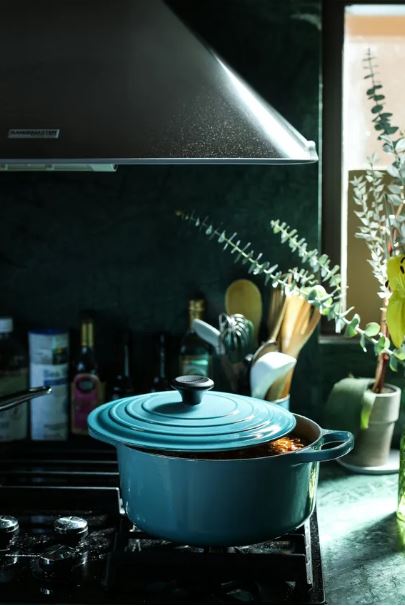
“‘I won’t give you money,’ I said. ‘But you can stay. Help out. Clean. Serve food. Be part of something. Be someone Gran would’ve been proud of.’”
Cynthia’s mouth parted, like she wanted to protest, but the words seemed stuck, caught somewhere between pride and need.
“‘I don’t know how to do any of that,’ she admitted, her voice barely a whisper, as if she’d never really known how to ask for help.”

“‘That’s okay,’ I said. ‘Neither did I. Grace taught me.’”
“‘And you’d let me stay, Thomas? Really, Tom?’ she blinked back something close to tears, her vulnerability finally breaking through.”
“‘As long as you work,’ I nodded once. ‘And as long as you remember who this house belongs to now.’”
“‘Who?’ she asked, a faint smile playing on her lips, like she already knew the answer.”

“‘To the people who need it,’ I said. ‘And to the woman who never needed a will to make me feel chosen.’”
We stood in silence, the weight of unspoken words hanging between us. Then, without another glance, I walked back inside.
And behind me, I heard the door close. Quietly. Not like someone giving up, but like someone stepping in—ready to stay, to change, to be part of something more.
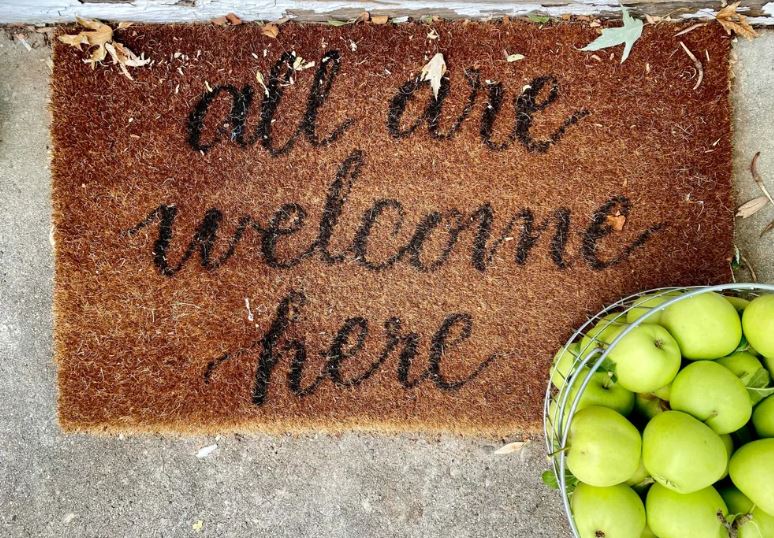
Love this.
This is a beautiful story. It brings kindness back into an otherwise cold and empty world.